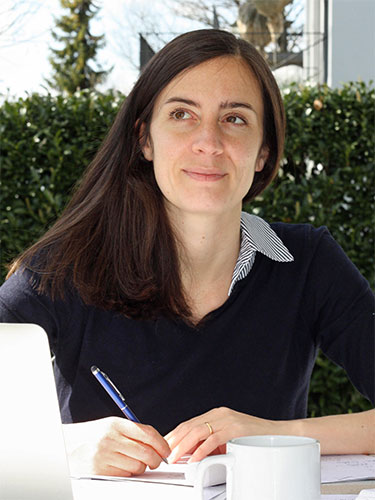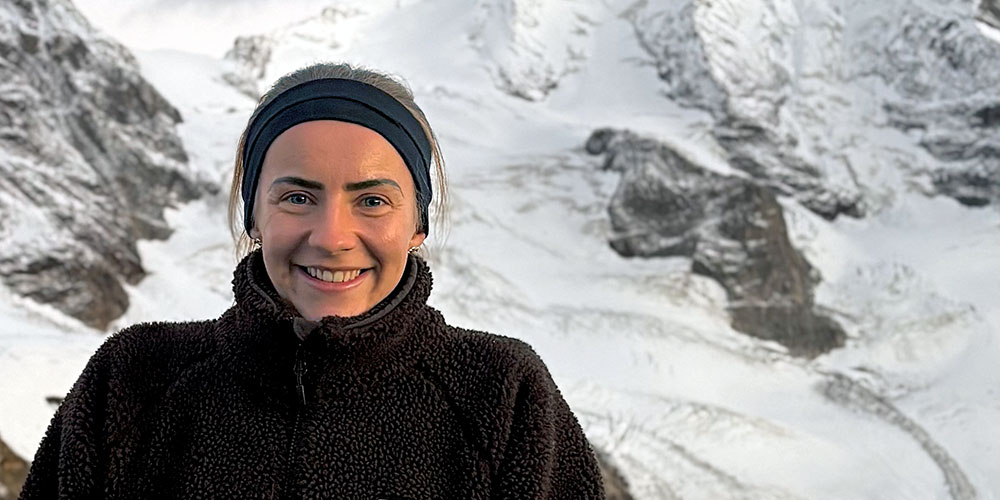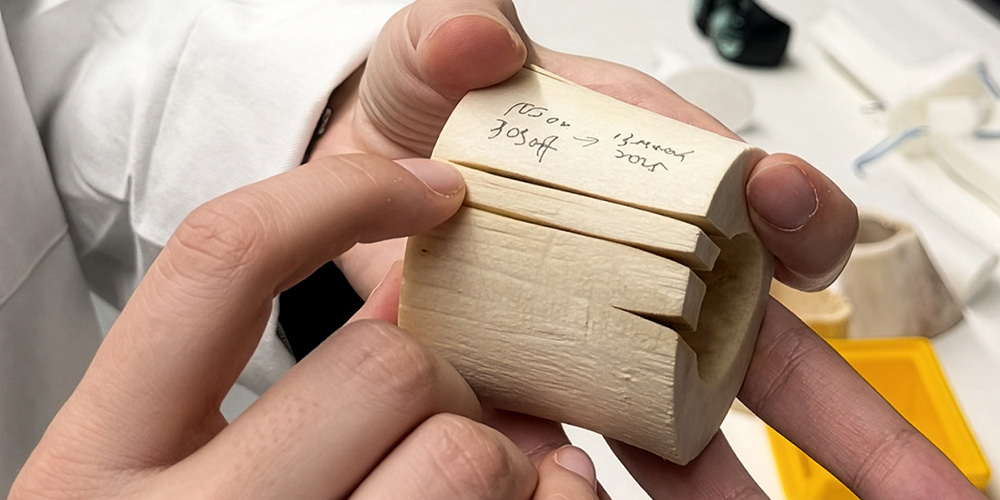Basel researchers awarded ERC grants
The European Research Council (ERC) has nominated a further two researchers from the University of Basel for a Starting or Consolidator grant. The projects will enable innovative research in the fields of environmental science and mathematics.
30 August 2022
The ERC supports highly qualified, individual researchers with their Starting and Consolidator grants. The main goal of the ERC is to promote ground-breaking research in all scientific fields. As Switzerland is not associated to the EU’s Horizon Europe program, researchers based in Switzerland are currently not eligible to apply for individual grants.
However, environmental scientist Professor Klaus Schlaeppi and mathematician Professor Chiara Saffirio applied for their grants in 2021, when Switzerland was still eligible to apply. As over a hundred UK researchers could not accept their grants due to the exclusion of the UK from all EU research programs, Schlaeppi and Saffirio now join the distinguished group of researchers with a positively evaluated ERC project. The successful projects will be funded by the Swiss State Secretariat for Education, Research and Innovation.
The Interactions between Plant and Microbiome
Prof. Dr. Klaus Schlaeppi joined the University of Basel’s Department of Environmental Science in 2020. His research focuses on the interaction between plant roots and their microbiome. A deeper understanding of these interactions could provide the basis for a more sustainable agriculture.
A plant’s microbiome consists of various bacteria, fungi and other microorganisms. These organisms can be found in the soil surrounding the roots of plants. Plants structure the composition of their microbiome and, similar to our gut microbiome, the plant microbiome assists its host with nutrient uptake, growth promotion and health. Because the roots and the surrounding microbiome remains in soil, these microbes can have consequences for future generations of plants growing in that same soil. This is particularly important in crop rotations, where the microbiome of some cereals positively impacts the growth of certain follow-up crops.
Schlaeppi’s project “Microbial Feedbacks on Plants”, which was awarded with an ERC Consolidator Grant, investigates the microbiome of maize plants. The goal is to identify why certain plants grow better on a soil microbiome that was formed by maize plants. This knowledge could allow a more efficient crop rotation where farmers would systematically plant crops that benefit from the microbiome of the pre-crop.
The fundamental questions of Statistical Mechanics
The elemental laws of physics are reversible in time and yet we all experience the inexorable irreversibility of events. Thus the microscopic description of basic constituents of nature seems to disagree with the effective equations valid at a macroscopic level.
How can these two worlds be reconciled? This is one of the most important question in statistical mechanics and forms the basis of thermodynamics. Prof Dr. Chiara Saffirio studies this fundamental problem from the angle of the kinetic theory of gases.
In her project “AEQUA”, which was awarded an ERC Starting Grant, she employs innovative methods to provide an entirely new perspective on the derivation of effective macroscopic equations from microscopic classical and quantum dynamics, with a special focus on the Boltzmann equation. Her results will not just be highly relevant for mathematicians, but also for theoretical physicists and philosophers of science.
Chiara Safforio studied, and received her doctorate at the La Sapienza University in Rome. She has been at the Department of Mathematics and Computer Science since 2019.




